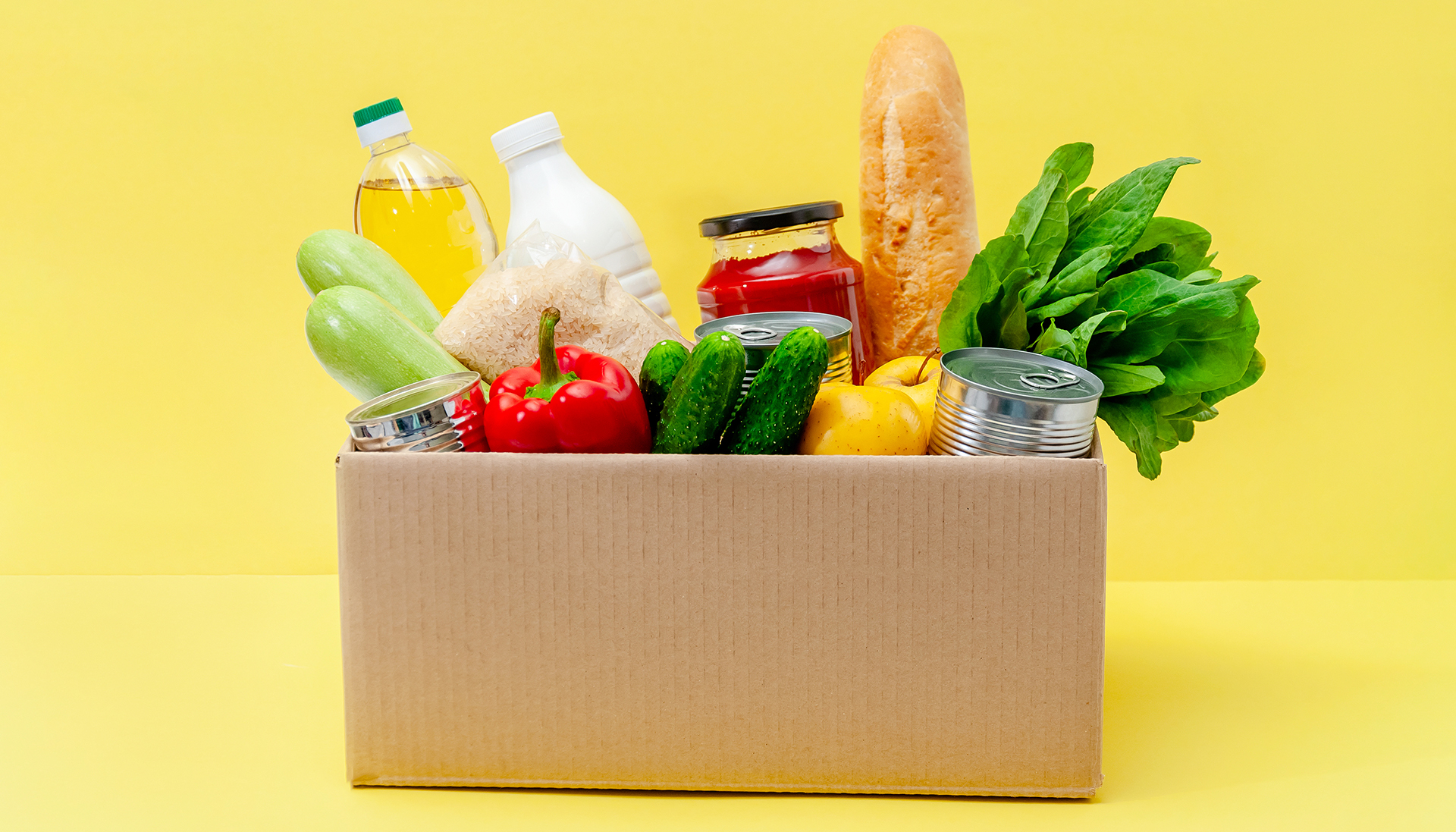
Pittsburgh’s First Food Equity Ambassador Program Kicks Off This Month
by Michael Machosky
June 16, 2021
The images of hundreds of cars waiting in line for boxes of food at the Greater Pittsburgh Community Food Bank, flashed across America’s screens early in the pandemic.
It was shocking sight, and a stark reminder of just how precarious our food system is, especially for the most vulnerable among us. One in five Pittsburghers is classified as “food insecure,” which means that more than 60,000 residents struggle to access healthy, affordable food.
A new grassroots effort led by the Food Policy Council and #PghFoodTeam is trying to figure out and fix what’s wrong with Pittsburgh’s food systems, so that they’re more resilient and equitable for all of Pittsburgh’s neighborhoods. The first cohort of 13 Pittsburgh Food Equity Ambassadors has been chosen, representing every district and corner of the city.
They range from high school students to retirees, engaged parents and social service workers, someone who has worked in the grocery industry for decades, and a blogger who wants to shed light on food insecurity via social media.
They will hold nine sessions about food access, such as urban gardens, food apartheid, farmers markets, and transportation, as guided by the Ambassadors. The meetings will include local leaders and City of Pittsburgh staff.
“And not only talk, but put forward, but weigh in on what's challenging on the ground in their neighborhoods, and what kind of changes can happen,” says Dawn Plummer of the Pittsburgh Food Policy Council.
That will enable them to put forth policy and program recommendations to start to solve the food access problems in their communities.
Not only that, but they “are empowered to know how to testify at a public hearing, to bring questions to their city council members,” says Plummer. “So, really, it's about growing civic engagement (among) a really capable cohort who are really well informed on food issues, who can help bring the change that our city needs around food systems.”
This strong group of food advocates will be able to determine the state of everything from local supermarkets and farmer’s markets (or lack thereof), corner stores (can they sell more fresh produce?), urban backyard gardens and community gardens, and more.
Then, they’ll be able to engage all levels of government to propel change, from the city to the nation at large. Plummer notes that the Biden administration’s “Build Back Better” initiative includes the USDA investing $4 billion to strengthen the nation’s food supply chain.
The Food Equity Ambassadors will be compensated for their participation. The PghFoodTeam team was chosen as one of 20 local teams nationwide to join the Healthiest Cities & Counties Challenge. It’s a program funded by the Aetna Foundation, together with the American Public
Health Association (APHA) and the National Association of Counties (NACo). The PghFoodTeam also includes the City of Pittsburgh,Allegheny County Health Department,American Heart Association-Greater Pittsburgh, and One Pennsylvania.
The 2020 Feed Pittsburgh Report details the four dimensions of food insecurity, and maps out the city’s goals for “Zero Hunger.”
"As we know from the suffering we faced the last year, food insecurity impacts residents in every walk of life and every corner of our city,” says Pittsburgh Mayor William Peduto. “Working directly with our residents to design food policies that best serve them is precisely the right move at this juncture, and on behalf of all the PghFoodTeam partners I want to thank our Food Equity Ambassadors for their service.”
The pandemic was clarifying (if also terrifying) of the challenges that face our local food system.
“I think our country after COVID is really seeing how fragile our food system is and how vulnerable our people are, and how vulnerable our small businesses are small farmers are all along the food chain,” says Plummer.
“I always think of Pittsburgh as an incredibly generous, giving community, and has such a high rate of volunteerism, and solidarity and collaboration. And I think the crisis in the food community just really revealed the heroes and sheroes that we have, who were really there to work around the clock to make sure that people in our region didn't go hungry.”
The Pittsburgh Food Equity Ambassadors include:
- Carol Gerner (District 1, Northside)
- Tacumba Turner Jr. (District 2, Sheraden)
- Nathaniel Palmer (District 3, Oakland)
- Lisa Reihl (District 4, Beecheview)
- Christina Mays-Walker (District 5, Hazelwood)
- Giavanna Gibson (District 5, Greenfield)
- Marcia Scott (District 6, Hill District)
- Teaira Collins (District 6, Hill District)
- Abigail Gildea (District 7, Bloomfield)
- Manuel Michaca (District 8, Shadyside)
- Betty Lane (District 9, Larimer)
- Anna Sekine (District 9, Garfield)
- Zinna Scott (District 9, Homewood)

Leave A Comment